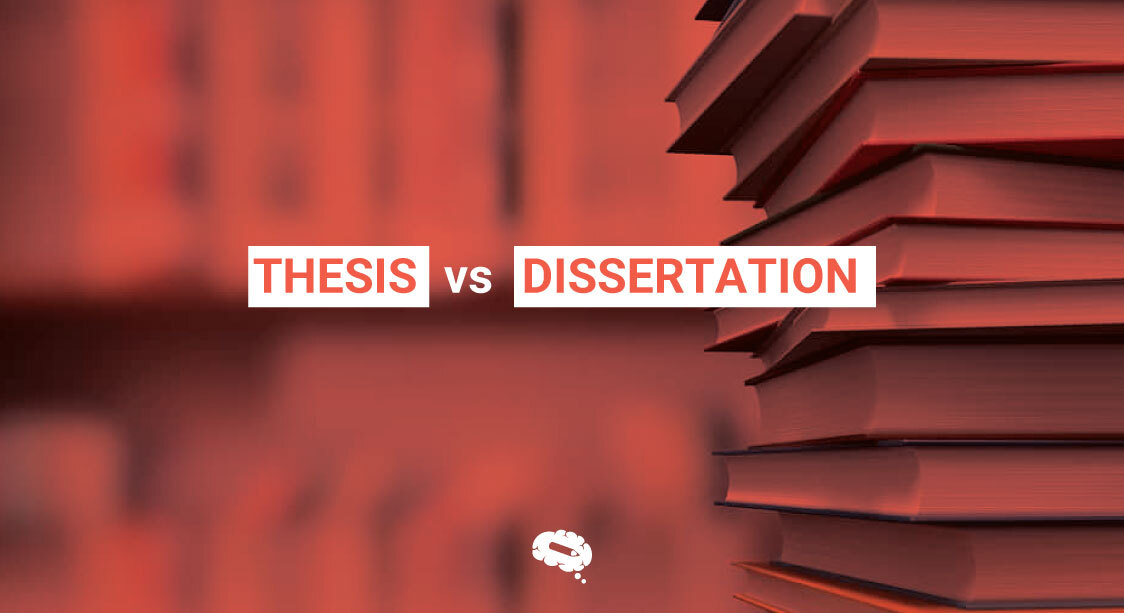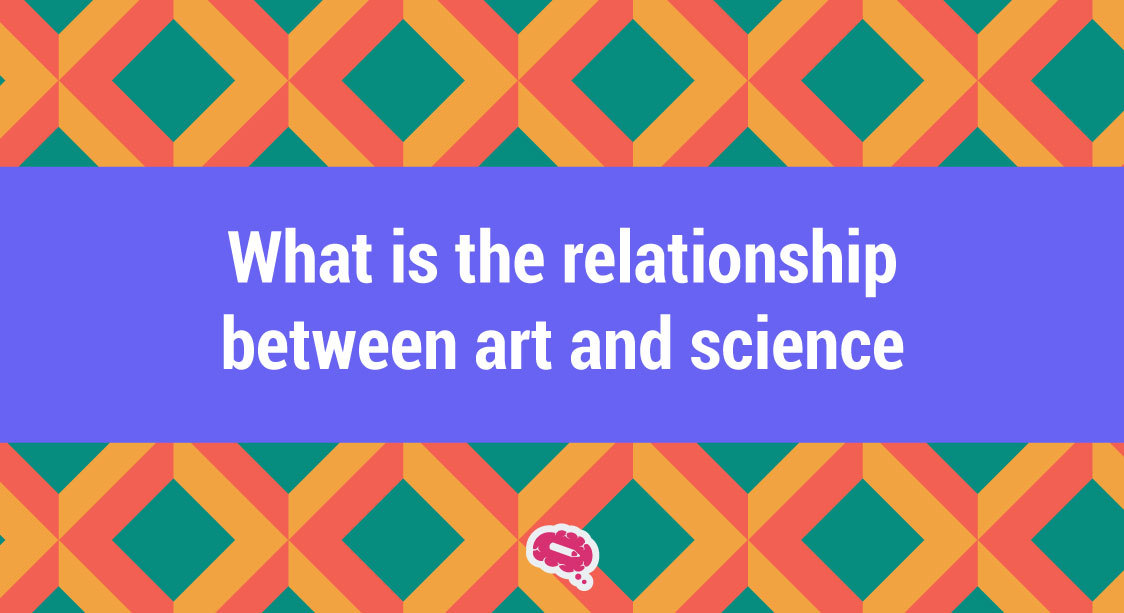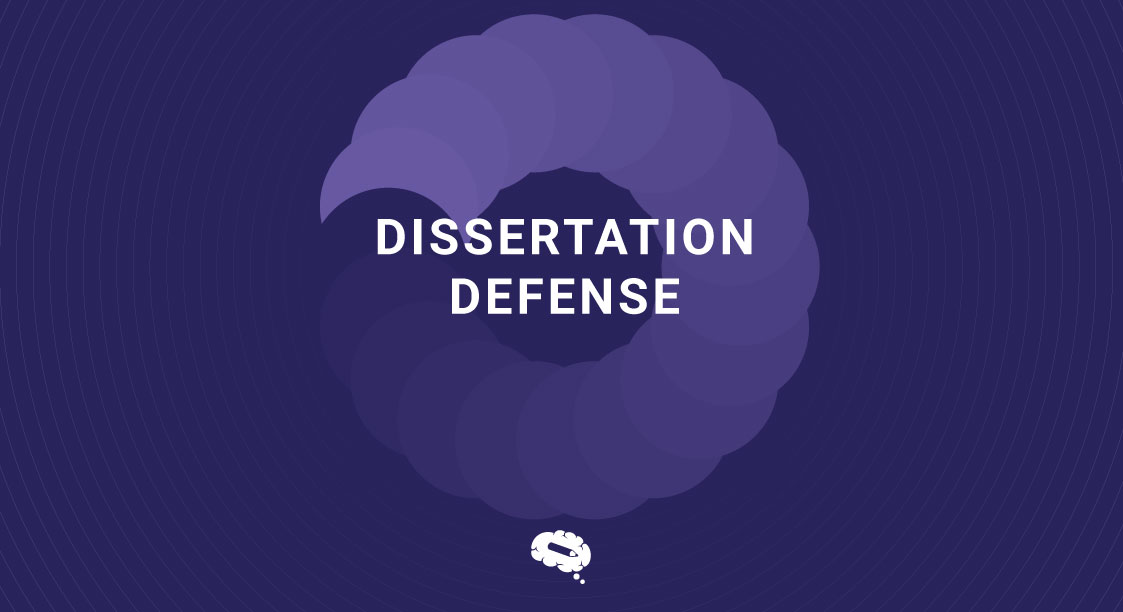Those pursuing a graduation degree, a master’s degree, or even a doctorate/PhD degree should be aware that critical-thinking abilities and particular knowledge in the field you’re studying are required to obtain a degree.
Producing a large research and writing project, such as a dissertation thesis, is one approach to demonstrate this requirement. These two assignments are sometimes misunderstood, so what is the difference between thesis and dissertation? There are a few key distinctions and commonalities between the two that each prospective graduate student should be aware of.
What is a thesis?
A thesis is an academic article that provides an in-depth evaluation of previous research in a certain field. It will have an intellectual argument, but it will not normally involve original research by the student. Existing research is used to back up and assess the suggested thesis.
Typically, this significant piece of written-up research is finished near the completion of a master’s degree. Some master’s programs demand a thesis in order to graduate. A thesis is typically not necessary at the undergraduate level, but it is increasingly prevalent at the postgraduate level.
What is a dissertation?
A dissertation is an academic project that is based on original research. Students evaluate previous research in their dissertations while also developing new theories and methodologies.
A dissertation can be used to either invalidate an existing hypothesis or to take current theories and research in a different direction. It is an extensive research project that is often finished at the conclusion of the academic year.
Undergraduate and postgraduate students can both work on dissertations.
What is the Difference Between Thesis and Dissertation?
The primary distinction between a thesis and a dissertation is that a thesis is founded on the previously conducted research. A dissertation, in contrast, will almost certainly require the doctorate/PhD student to undertake their own research and analysis. However, there are a few other differences:
- A thesis is for master’s students and a dissertation is for doctorate/PhD students.
- Because there are fewer original research bits involved, a thesis is often shorter than a dissertation;
- A master’s thesis is typically 100 pages long. A doctorate/PhD dissertation, on the other hand, should be substantially lengthier than a thesis and should incorporate background and research material;
- Dissertations may entail an oral presentation of findings to academics who pose questions regarding the research. This is not normally required for a thesis;
- The student is primarily credited as the author of a dissertation.
- A thesis statement emphasizes and highlights essential points to readers. A dissertation, though, requires hypotheses, as well as descriptions of findings and assumptions based on the work done.
Meaning in a different location
Europe
The distinction between these two is a little more difficult in Europe. A doctorate or PhD may need a thesis to graduate, but a dissertation may be necessary for a larger postgraduate research endeavor.
United States
The difference between thesis and dissertation in the United States is essentially the inverse of that in Europe. Since a thesis is relatively shorter than a dissertation, it became known as a preliminary degree on the journey to a doctorate or PhD.
A master’s thesis welcomes and expects student suggestions, but the emphasis is on acquiring technical proficiency rather than conducting original research.
Structural differences between thesis and dissertation
The structure of the thesis and dissertation papers is indeed very alike, with an introduction, a literary review, methodology, results, discussion, conclusion, reference list, and appendix.
A thesis and dissertation, on the other hand, demand a specific length of written content. As previously stated, a thesis must be at least 100 pages in length, but a dissertation is a more extensive project.
Communicate your ideas and findings through impactful visuals
If you want to obtain your own infographics, check out our tool of the finest infographic templates for you to utilize. Infographics achieve something that a simple data sheet cannot: they convey information in a visually appealing approach, which is why they are so powerful in expressing ideas.

Subscribe to our newsletter
Exclusive high quality content about effective visual
communication in science.




